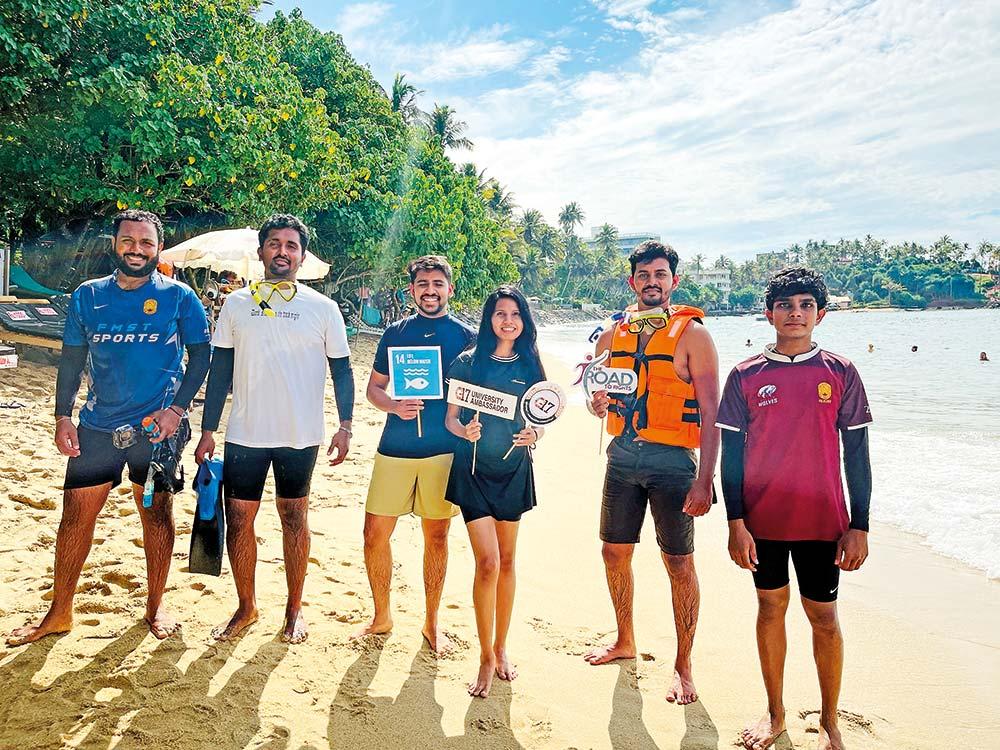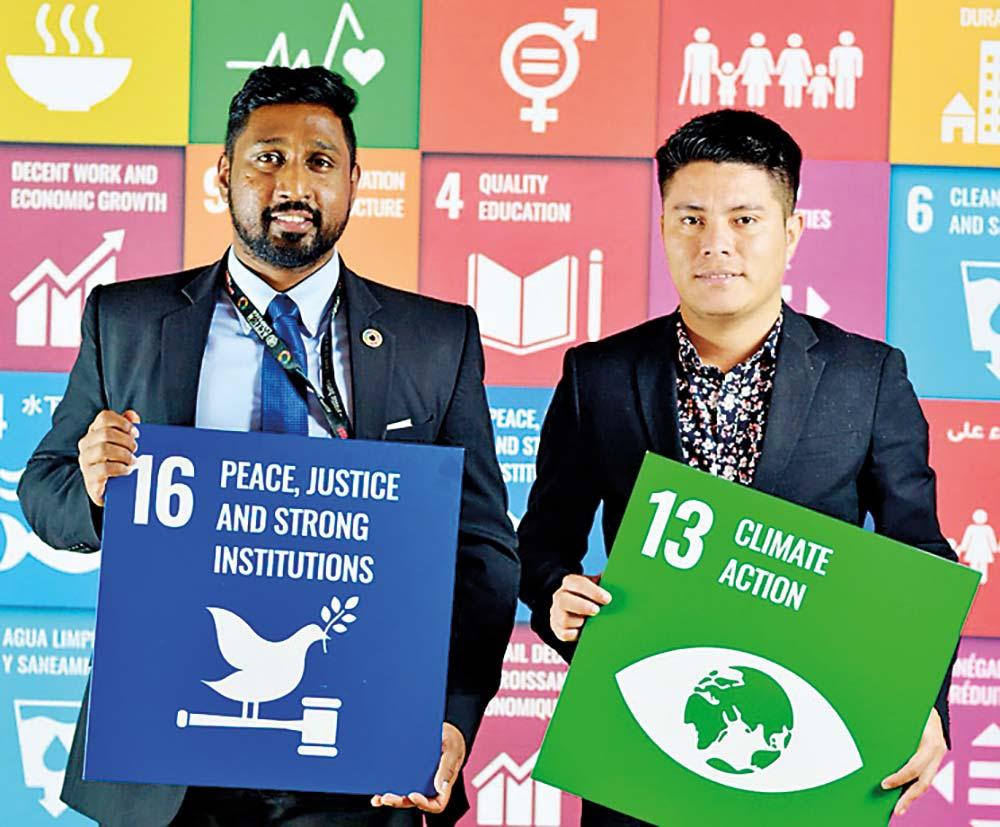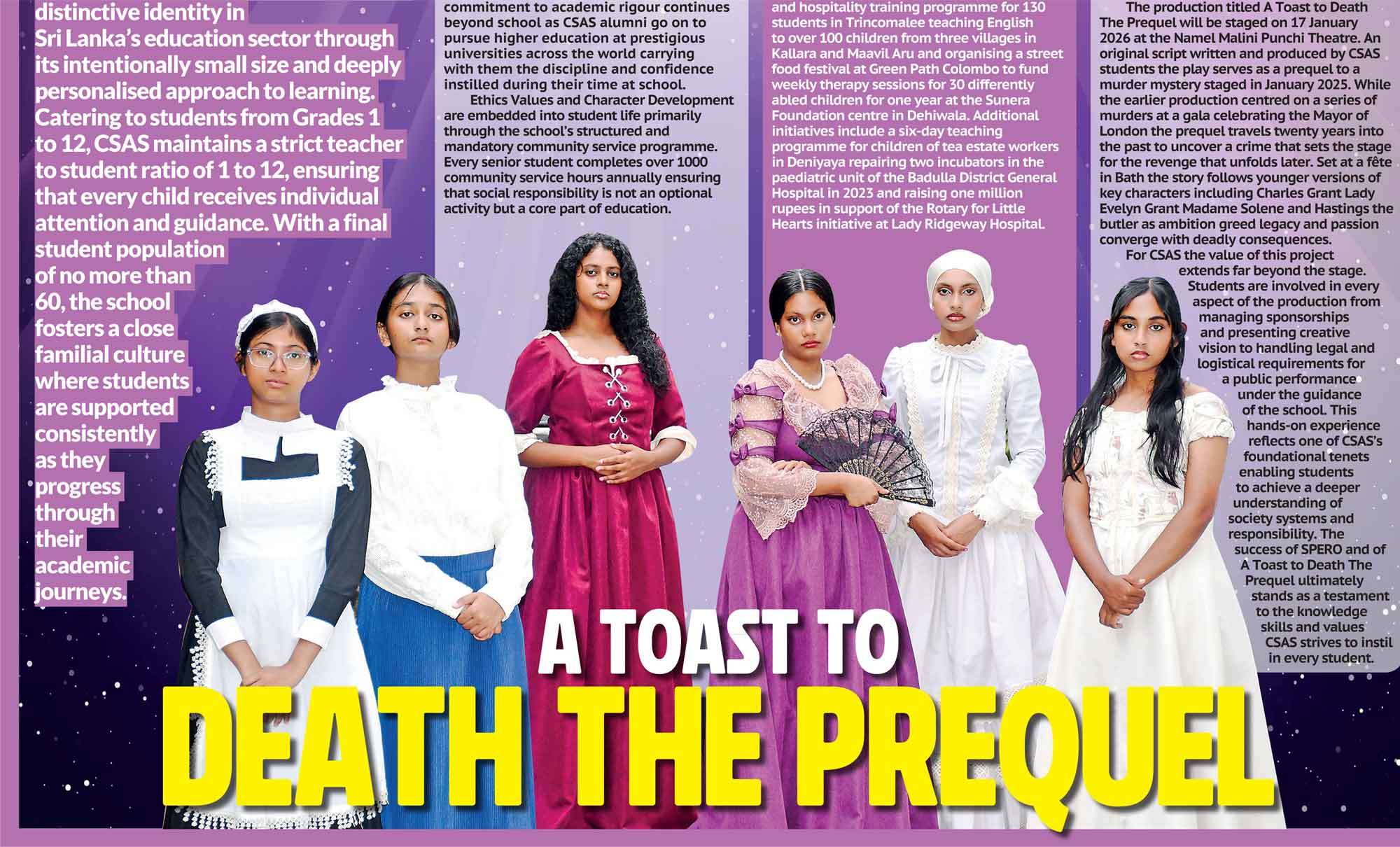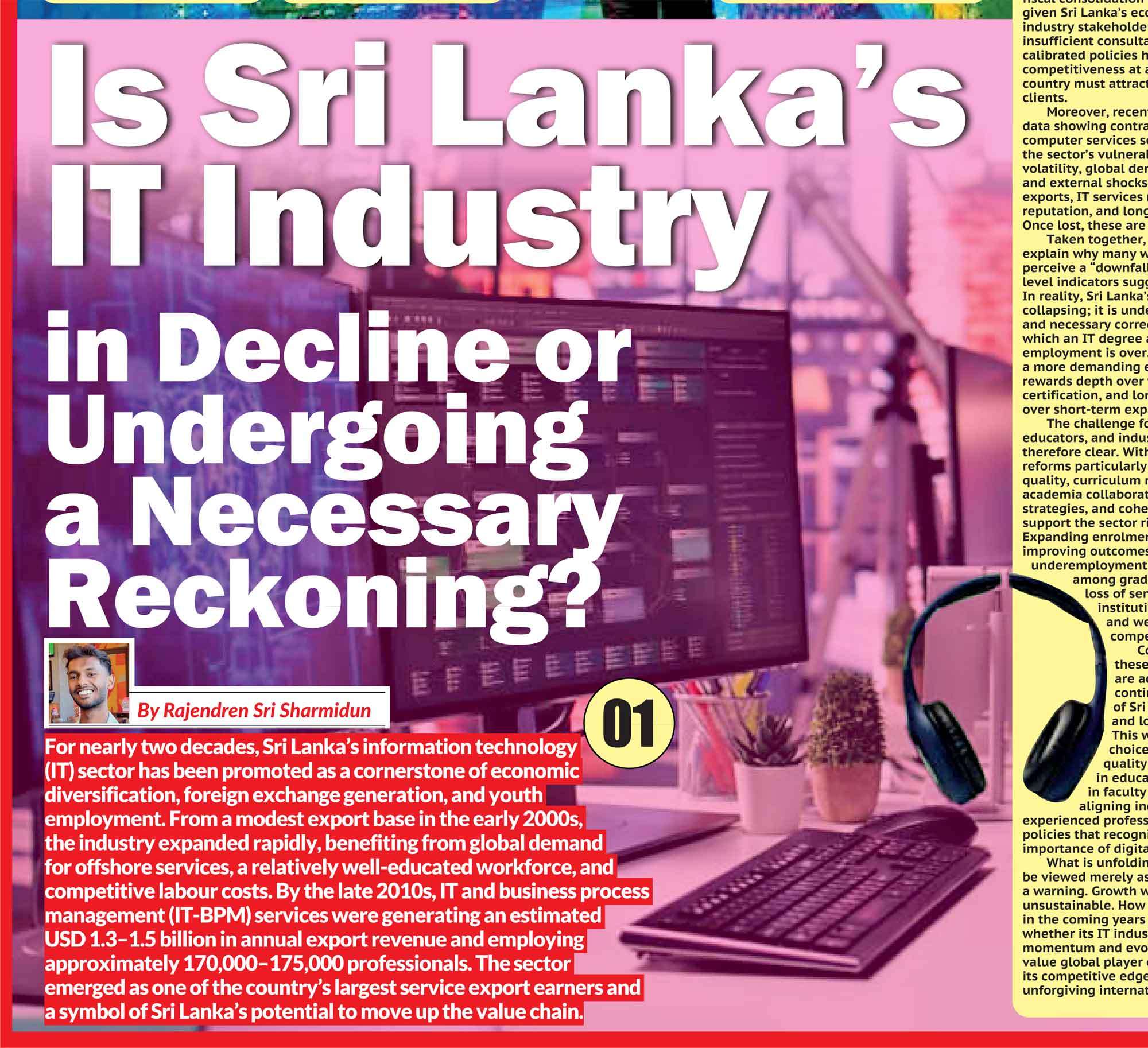
 In a world urgently calling for sustainable solutions, one youth-led movement is proving that the future is not just in young people’s hands; it’s being shaped by them. The Road to Rights, a United Nations, accredited and SDG Action Award, winning organization (recognized in 2018 from among 125 countries), launched the G17 University Ambassadors Consortium (G17UAC) global fellowship in 2021 with a bold vision: to create a future-ready workforce by empowering university undergraduates to localize the UN Sustainable Development Goals (SDGs) through action, advocacy, and innovation.
In a world urgently calling for sustainable solutions, one youth-led movement is proving that the future is not just in young people’s hands; it’s being shaped by them. The Road to Rights, a United Nations, accredited and SDG Action Award, winning organization (recognized in 2018 from among 125 countries), launched the G17 University Ambassadors Consortium (G17UAC) global fellowship in 2021 with a bold vision: to create a future-ready workforce by empowering university undergraduates to localize the UN Sustainable Development Goals (SDGs) through action, advocacy, and innovation.
01
From its beginnings in Sri Lanka, G17UAC has now expanded to more than 30 countries, making it one of the most far-reaching SDG-driven undergraduate initiatives in the world. In Sri Lanka alone, the program has sparked over 1,000 grassroots SDG actions since 2021, connecting academia, communities, and the workforce. With 65% of its ambassadors being young women, the initiative champions equity and inclusive leadership across both government and private universities.
Being a G17 Ambassador is more than holding a title, it’s a year-long, immersive journey. Each year, 17 undergraduates from each university are selected through a rigorous application process, embarking on a transformative path that blends global exposure, policy advocacy, mentorship, and leadership development. Guided by its four core pillars, Capacity Building, Leadership, Policy Advocacy, and Action, the fellowship challenges participants to step beyond their comfort zones, unlock their potential, and emerge as dynamic SDG advocates and changemakers.
02
Sri Lanka, like many countries, faces a critical gap between university education and workplace readiness. While graduates often excel in theory, practical skills such as problem-solving, leadership, and innovation are in short supply. The World Economic Forum projects that over 50% of employees globally will require significant reskilling by 2025, while a 2019 Asian Development Bank report highlights that South Asian universities, including those in Sri Lanka, are not fully preparing students for the demands of a digital, fast-changing, and collaborative workforce. This mismatch contributes to both youth unemployment and underemployment; even among degree holders.
G17UAC tackles this head-on by providing hands-on experience, future-focused skill-building, and a deep grounding in the SDGs. By aligning young talent with growth sectors such as climate technology, sustainable agriculture, and green jobs, the program not only builds a skilled, adaptable workforce but also promotes inclusive growth, reflected in its strong female representation. This model strengthens the link between education and employability, fuels innovation, and drives social stability, while accelerating Sri Lanka’s progress toward the SDGs and a resilient, sustainable economy.

03
Backed by the UN SDG Action Campaign, the UN Department of Global Communications, and the Ban Ki-moon Foundation, G17UAC bridges the gap between campus learning and workplace demands. Ambassadors lead high-impact projects, collaborate with university vice-chancellors, organize SDG forums, and influence policy from the grassroots to national platforms.
“This generation needs more than just degrees. Your degree alone won’t take you where you want to go in life. What truly sets you apart is innovation, the right skills, global thinking, and the passion to win in this world,” Ashan Perera, Founder of The Road to Rights and G17UAC
As the world marks International Youth Day 2025 under the theme “Youth Localizing the SDGs,” G17UAC stands as a testament to what is possible when young people are given the platform, resources, and trust to lead. The Road to Rights calls on global partners, institutions, and supporters to join in scaling this impact, because real, lasting change begins when youth take the lead.













